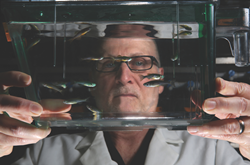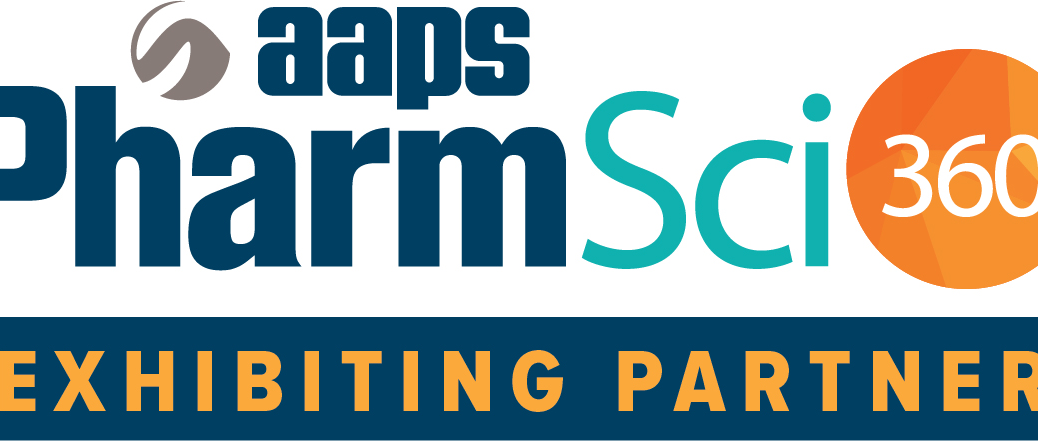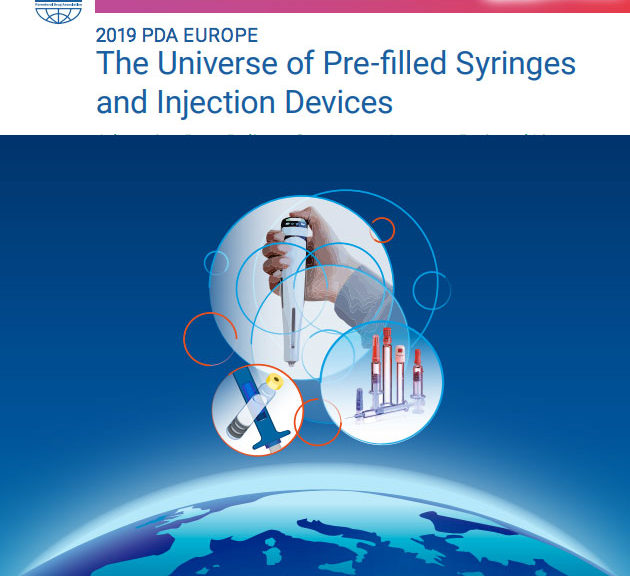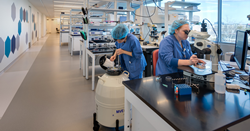
Gregory J. Cole, Ph.D., of NCCU’s Department of Biological and Biomedical Sciences, led the investigation, which uses a zebrafish model.
“This study raises concerns regarding the safety to fetal health, with cannabis use by pregnant women potentially as detrimental as alcohol use in terms of the long-term effects,” said Gregory J. Cole, Ph.D.
DURHAM, N.C. (PRWEB)
September 27, 2019
North Carolina Central University researchers have found evidence that prenatal exposure to cannabinoids, the active compounds in marijuana, heightens the risk of developmental abnormalities normally associated with fetal alcohol syndrome.
Their findings were published in the August 2019 issue of the Birth Defects Research journal. Gregory J. Cole, Ph.D., of the Department of Biological and Biomedical Sciences, led the investigation, which uses a zebrafish model.
“This study raises concerns regarding the safety to fetal health, with cannabis use by pregnant women potentially as detrimental as alcohol use in terms of the long-term effects,” Cole said.
The researchers found that physical and behavioral changes associated with fetal alcohol spectrum disorder could be triggered by exposure to cannabinoids. The two substances share the SHH genetic pathway, known as sonic hedgehog, which has a role in regulating bone growth and organization of the brain, among other functions.
“The study also suggests that lower levels of combined alcohol and marijuana use can alter biological systems and lead to greater risk-taking behaviors in humans at lower levels than either substance alone,” Cole said.
Individuals with fetal alcohol spectrum disorder, in which fetal alcohol syndrome is the most severe, may have abnormalities of the face and skull, as well intellectual disabilities, central nervous system impairments and impeded growth.
The human central nervous system has been shown to be sensitive to alcohol throughout the gestational period, especially the third trimester when the fetal brain undergoes a state of rapid growth.
Zebrafish are used as a behavioral model for research because they have similar genetics to humans and exhibit behavioral complexity and dose-dependent responses to alcohol that mimic a human response, Cole said.
In previous studies, zebrafish have displayed increased anxiety and altered social behavior after a brief exposure to alcohol while still embryos.
“Both zebrafish and rodents have been shown to have similar behavioral responses to different doses of cannabinoids,” Cole said. “However, the effects of combined exposure to both alcohol and cannabinoids during pregnancy have not been well studied.”
Co-authors of the research paper are Oswald Boa-Amponsem, a Ph.D. candidate in the Integrated Biosciences program at NCCU; Chengjin Zhang, Ph.D., research associate at Julius L. Chambers Biomedical/Biotechnology Research Institute at NCCU; Somnath Mukhopadhyay, Ph.D., associate professor in chemistry and biochemistry at NCCU; and Iman Ardrey, a Ph.D. candidate in Integrated Biosciences.
Share article on social media or email:














